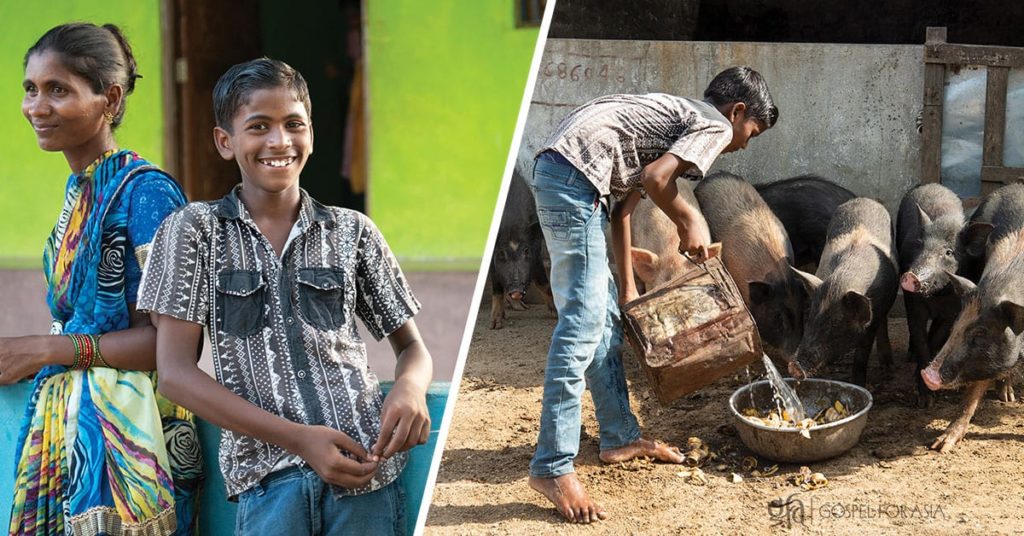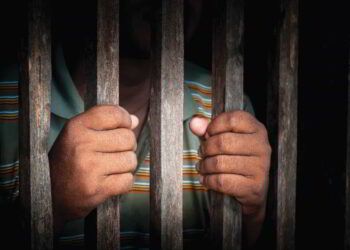It was 6 a.m. and the start of a new day for 6-year-old Nihal. He woke up knowing the first thing he had to do was feed the family pigs. It was a menial chore, and it would be his responsibility for the next six years. He headed out the door, grabbed a bucket and filled it with the thrown-away food he had collected from the nearest hostel. In about an hour, he’d walk a little over half a mile to a nearby pond with his father to let the pigs feast on roots before heading to school.
Nihal enjoyed this work because he was proud to be like his father. But as he grew older, the realities of discrimination stole his joy.
He arrived at school after feeding the pigs looking disheveled and smelling a little like the animals he helped care for. When he tried to make friends with the young boys in his class, they pushed him away.
“You are a person who feeds pigs,” the kids at school mocked. “It’s better you don’t come to us. … You are a very untouchable person and not clean people. So don’t come with us and don’t join [us in our games].”
Their words stung Nihal’s heart. He went home and lamented, “Father, why am I born into this family?”
Clash of Classes
Nihal’s father, Santavir, had inherited the trade. Santavir’s father and grandfather both reared pigs for a living. It was all they knew to do.
“I can’t say whether I like raising pigs or not,” Santavir says. “It has been passed down the generations. Now I am doing it as part of my professions and identity. I don’t know any other work.”
READ THE REST OF THE STORY ON GFA.ORG
Learn more about how tosponsor and help the children from families stuck in generational abject poverty who need a Bridge of Hope.
Go here to know more about Gospel for Asia:Radio|About|Integrity|Facebook|Lawsuit











